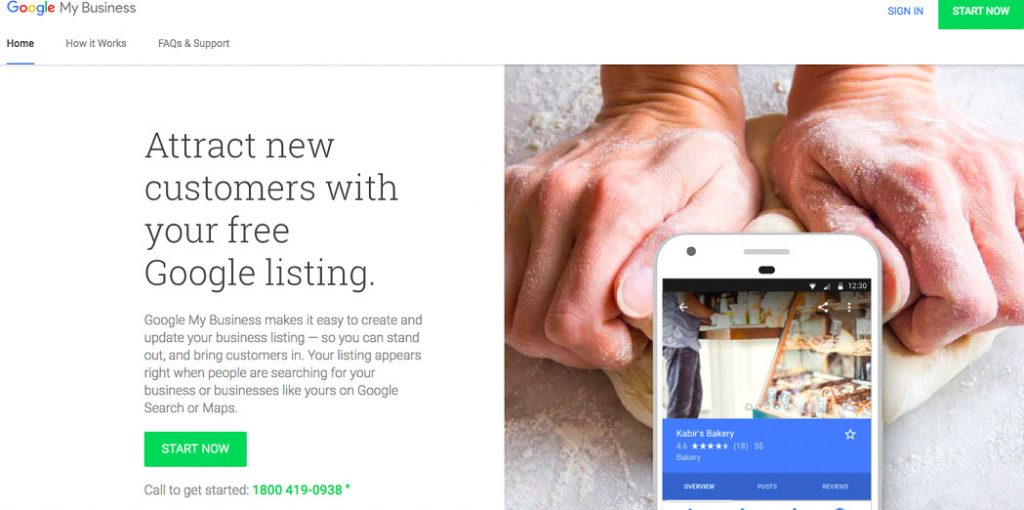Optimizing For Organic Traffic From Alternative Search Engines
When market share is viewed in terms of percentage, the search engines mentioned in the list above currently serve ‘negligible’ percentages of the market. However, when converted to numbers, even negligible percentages turn into enormous numbers. Each one of the search engines mentioned in this list are serving a few hundred thousand monthly users, minimum. Many are serving tens of millions of users.
In other words, even alternative search engines can be an excellent source of organic traffic.
With that said, in the case of many of the privacy focused options, there is not much that you can do to influence your website’s rankings in their search results. However, the good news is that most of the search engines on this list, including many of the privacy-focused search engines, are sourcing their search results from one of the search engine giants, i.e., Google or Bing.
This means that by optimizing your website to perform well in the search engine result pages (SERPs) of Google and Bing, you will automatically place it higher in the search results displayed by alternative search engines.
While both search engine giants use a lot of the same ranking factors to rank websites in their SERPs, there are a few key differences that you must keeping in mind:
Places a high value on exact match keywords. In other words, targeting exact match keywords has been known to positively influence a website’s search rankings.On the other hand, while Google does not absolutely hate exact match keywords, neither does it especially favor websites that target and optimize for exact match keywords. In fact, over optimizing for such keywords may even result in a Google penalty.With that said, it is not an impossible task to find the right balance of exact match keywords that get you more traffic from both Google and Bing.
It has been over a decade since Google disregarded the presence of keywords in meta tags and descriptions. In Google’s opinion, if your meta description is aptly descriptive, it doesn’t matter if there are keywords in the text or not.
However, meta keywords still hold great value on Bing. This means that including the right keywords in the right density can potentially help you achieve better rankings on Bing.
Both search engines place great value in backlinks but view them differently. In the case of Bing, backlinks from websites that have been around for a while and have established themselves as industry authorities hold incredible value.
The perceived value of these links (from Bing’s point of view) is even more if they are coming from .org or .edu websites.It has also been observed that Bing places slightly more value in the number of backlinks pointing to a website than Google does.
Many experts agree that Bing’s image searching capabilities are better than Google’s. That’s perhaps why Bing places a lot of emphasis on visual content. If you are using the right kind of visual content, it is much easier to rank higher on Bing.
Google has outright denied that the social media presence associated with a website has any influence on search rankings. On the contrary, Bing has openly accepted that social signals have a significant influence on their search rankings.
Finally, you will have to use Google’s Search Console to submit sitemaps to Google and Bing’s Webmaster Tools to submit your sitemaps to Bing.
























































